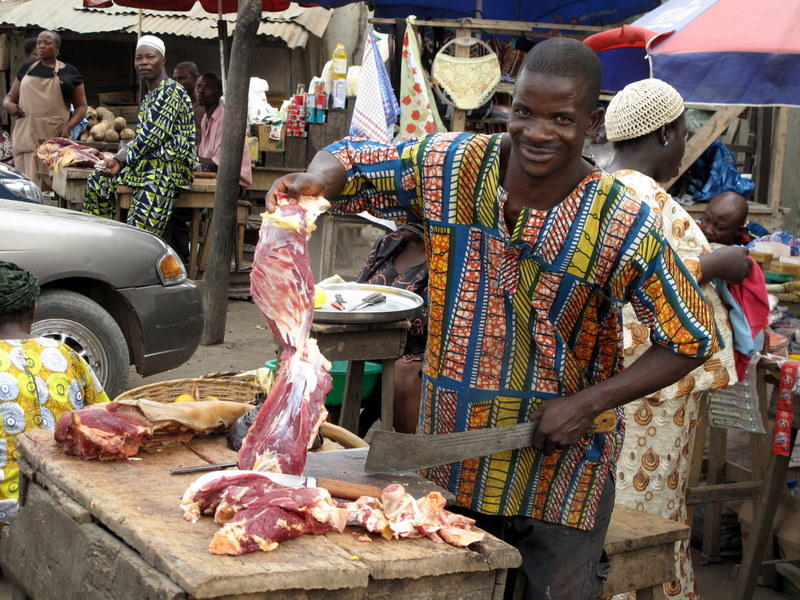×
The Standard e-Paper
Stay Informed, Even Offline

We seem to have borrowed from the country when making our 2010 Constitution.
Nigeria rebased her gross domestic product (GDP) and is now Africa’s biggest economy ahead of South Africa. The big population and oil to some extent have propelled Nigeria to number one. Curiously, no one seems sure of Nigeria’s total population.